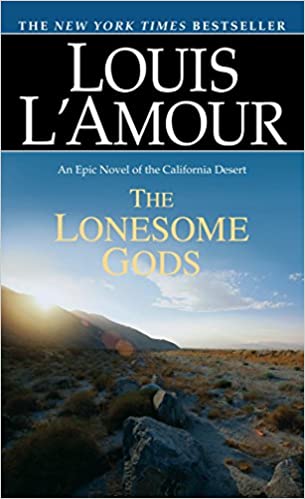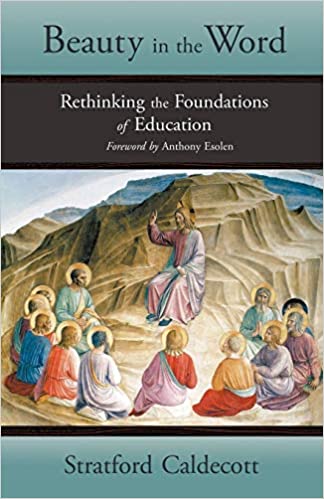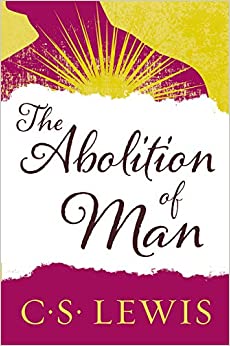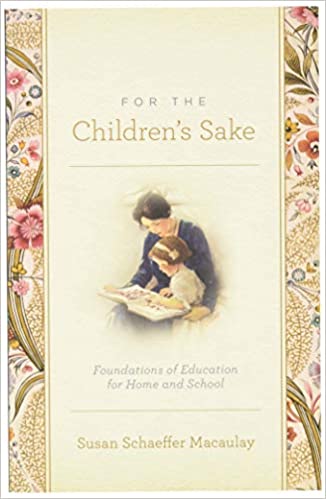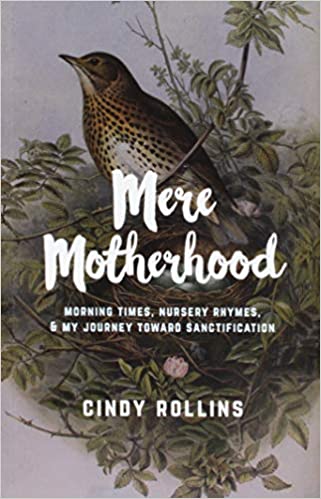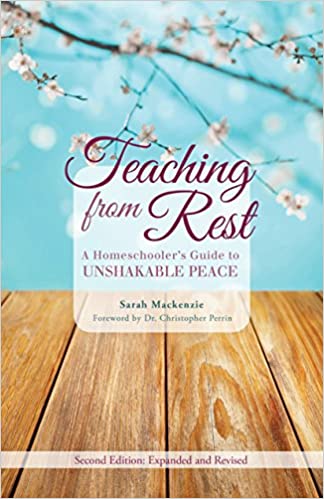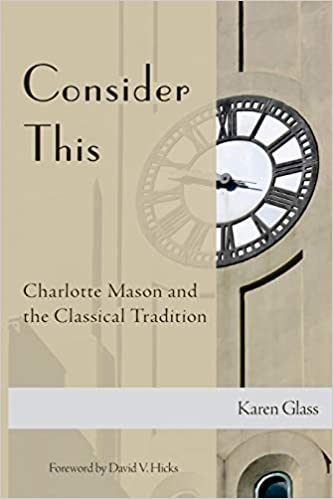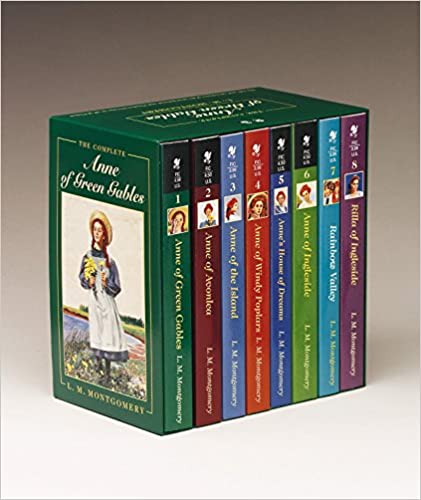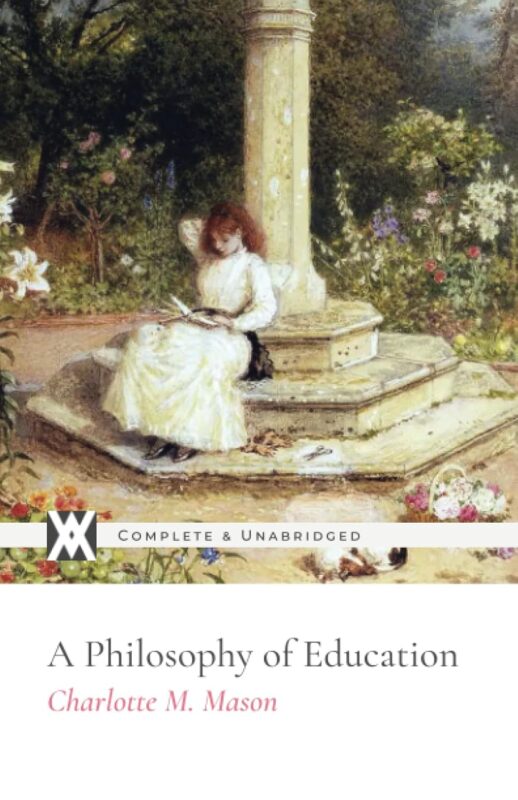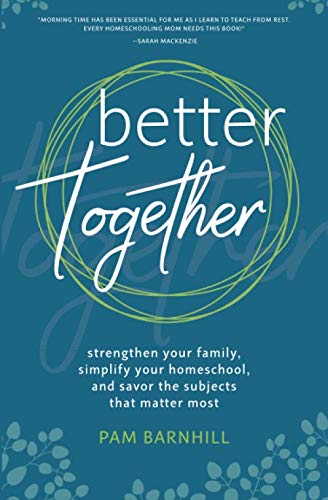The Lonesome Gods: An Epic Novel of the California Desert
“I am Johannes Verne, and I am not afraid.”
This was the boy’s mantra as he plodded through the desert alone, left to die by his vengeful grandfather. Johannes Verne was soon to be rescued by outlaws, but no one could save him from the lasting memory of his grandfather’s eyes, full of impenetrable hatred. Raised in part by Indians, then befriended by a mysterious woman, Johannes grew up to become a rugged adventurer and an educated man. But even now, strengthened by the love of a golden-haired girl and well on his way to making a fortune in bustling early-day Los Angeles, the past may rise up to threaten his future once more. And this time only the ancient gods of the desert can save him.
Leisure: The Basis of Culture
One of the most important philosophy titles published in the twentieth century, Josef Pieper's Leisure, the Basis of Culture is more significant, even more crucial, today than it was when it first appeared more than fifty years ago. This edition also includes his work The Philosophical Act. Leisure is an attitude of the mind and a condition of the soul that fosters a capacity to perceive the reality of the world. Pieper shows that the Greeks and medieval Europeans, understood the great value and importance of leisure. He also points out that religion can be born only in leisure -- a leisure that allows time for the contemplation of the nature of God. Leisure has been, and always will be, the first foundation of any culture. Pieper maintains that our bourgeois world of total labor has vanquished leisure, and issues a startling warning: Unless we regain the art of silence and insight, the ability for non-activity, unless we substitute true leisure for our hectic amusements, we will destroy our culture -- and ourselves.
More info →The Liberal Arts Tradition: A Philosophy of Christian Classical Education (Revised Edition)
The Liberal Arts Tradition: A Philosophy of Christian Classical Education introduces readers to a paradigm for understanding a classical education that transcends the familiar 3-stage pattern of grammar, logic, and rhetoric. Instead, this book describes the liberal arts as a central part of a larger and more robust paradigm of classical education that should consist of piety, gymnastic, music, liberal arts, philosophy, and theology. The Liberal Arts Tradition also recovers the means by which classical educators developed more than just intellectual virtue (by means of the 7 liberal arts) but holistically cultivated the mind, body, will, and affections. This is a must-read for educators who want to take a second big step toward recovering the tradition of classical education.
More info →Beauty in the Word: Rethinking the Foundations of Education
What is a good education? What is it for? To answer these questions, Stratford Caldecott shines a fresh light on the three arts of language, in a marvelous recasting of the Trivium whereby Grammar, Dialectic, and Rhetoric are explored as Remembering, Thinking, and Communicating. These are the foundational steps every student must take towards conversion of heart and mind, so that a Catholic Faith can be lived out in unabashed pursuit of the True, the Good, and the Beautiful. Beauty in the Word is a unique contribution to bringing these bountiful aspects of the Real back to the center of learning, where they rightfully belong. If your concern is for the true meaning of education for your children, here is the place to begin.
More info →The Abolition of Man
From Amazon: "In the classic The Abolition of Man, C.S. Lewis, the most important Christian writer of the 20th century, sets out to persuade his audience of the importance and relevance of universal values such as courage and honor in contemporary society. Both astonishing and prophetic, The Abolition of Man is one of the most debated of Lewis's extraordinary works. National Review chose it as number seven on their 100 Best Nonfiction Books of the Twentieth Century."
More info →For the Children’s Sake: Foundations of Education for Home and School
Every parent and teacher wants to give his or her children the best education possible. We hope that the education we provide is a joyful adventure, a celebration of life, and preparation for living. But sadly, most education today falls short of this goal.
For the Children's Sake is a book about what education can be, based on a Christian understanding of what it means to be human-to be a child, a parent, a teacher-and on the Christian meaning of life. The central ideas have been proven over many years and in almost every kind of educational situation, including ideas that Susan and Ranald Macaulay have implemented in their own family and school experience.
More info →Mere Motherhood: Morning Times, Nursery Rhymes, and My Journey Toward Sanctification
It was back in the 1980's when Cindy Rollins, then a new mom in search of the best ways to teach her baby son, first heard about homeschooling. Thirty years and nine children later, Cindy has become a popular blogger, podcaster, and award-winning teacher. This is her story. It's a story of big families and cross-country moves and small-town living. It's about great books and morning times and nursery rhymes. It's the story of a dedicated mother's journey toward the Truth and the family she brought along with her.
More info →Teaching from Rest: A Homeschooler’s Guide to Unshakable Peace
This new, revised, and first print edition of Sarah Mackenzie's best-selling eBook version contains 35% new content! Those who have made the decision to homeschool their children have done so out of great love for their children and a desire to provide them an excellent education in the context of a warm, enriching home. Yet so many parents (mainly mothers) who have taken up this challenge find the enterprise often full of stress, worry, and anxiety. In this practical, faith-based, and inspirational book, Sarah Mackenzie addresses these questions directly, appealing to her own study of restful learning (scholé) and her struggle to bring restful learning to her (six) children.
More info →Consider This: Charlotte Mason and the Classical Tradition
The educators of ancient Greece and Rome gave the world a vision of what education should be. The medieval and Renaissance teachers valued their insights and lofty goals. Christian educators such as Augustine, Erasmus, Milton, and Comenius drew from the teaching of Plato, Aristotle, and Quintilian those truths which they found universal and potent. Charlotte Mason developed her own philosophy of education from the riches of the past, not accidentally but purposefully. She and the other founding members of the Parents’ National Educational Union in England were inspired by the classical educators of history and set out to achieve their vision in modern education. They succeeded—and thanks to Charlotte Mason’s clear development of methods to realize the classical ideals, we can partake of the classical tradition as well.
More info →Anne of Green Gables
Here is a deluxe gift-box edition of L.M. Montgomery's classic stories about one of the most beloved fictional heroines of all time--Anne of Green Gables.
More info →Charlotte Mason’s Philosophy of Education (Book 6 of the Home Education Series)
This edition of Charlotte Mason’s Home Education Series is presented complete and unabridged, retaining the pagination of the original to make research and referencing easy. All the books have been fully transcribed and formatted using a clean and easy-to-read font so that there’s no excuse not to read these revolutionary works.Written shortly before her death, A Philosophy of Education represents Charlotte Mason’s final thoughts after a lifetime spent thinking on education. Containing the final version of the 20 principles on which her method is based this book is a great place to start for parents of older children.
More info →
